Khabar Khair (Only Good News) – Soad Al-Balakhi
The European Union and the International Organization for Migration work under the joint EU-IOM Initiative for the Protection and Reintegration of Migrants, which was launched in December 2016 with funding from the European Union Emergency Trust Fund to empower migrants who want to return to their countries They are allowed to do so in a safe and dignified manner, while ensuring full respect for international human rights standards, especially the principle of non-refoulement. Migrants continue to arrive in Yemen illegally. Although the number of migrants has decreased due to the conflict in Yemen in the last five years, it is still continuing. Yemen is a major point on the migration route from the Horn of Africa to Saudi Arabia. In 2019, more than 138,000 migrants arrived in the country, and by 2020 the same trend continued until the declaration of the global pandemic, after which restrictions on movement led to a significant decrease in the number of arrivals in the country. There were only 37,500 arrivals in all of 2020. The numbers are still low this year, with 842 arriving in April and 489 in May this year. Statistics show that at least 32,000 migrants are stranded in Yemen, unable to return home or reach their destination in Saudi Arabia. These migrants lack shelter, food, water, or even proper health care. Given the tragic situation in Yemen in general and migrants in particular, the International Organization for Migration, in cooperation with the European Union for Civil Protection and Humanitarian Aid, reached nearly 125,000 migrants across the country through health and protection services over the past year “The situation of migrants in Yemen is an emergency and embedded in the largest humanitarian crisis in the world,” said John McKeew, Deputy Chief of Mission for the International Organization for Migration in Yemen. “Thanks to humanitarian aid from the European Union, we have been able to reach vulnerable migrants across the country. This support has become even more urgent over the past year, as the coronavirus pandemic has increased the risks faced by people on the move and those stranded in alarming conditions,” he added. at risk.”.


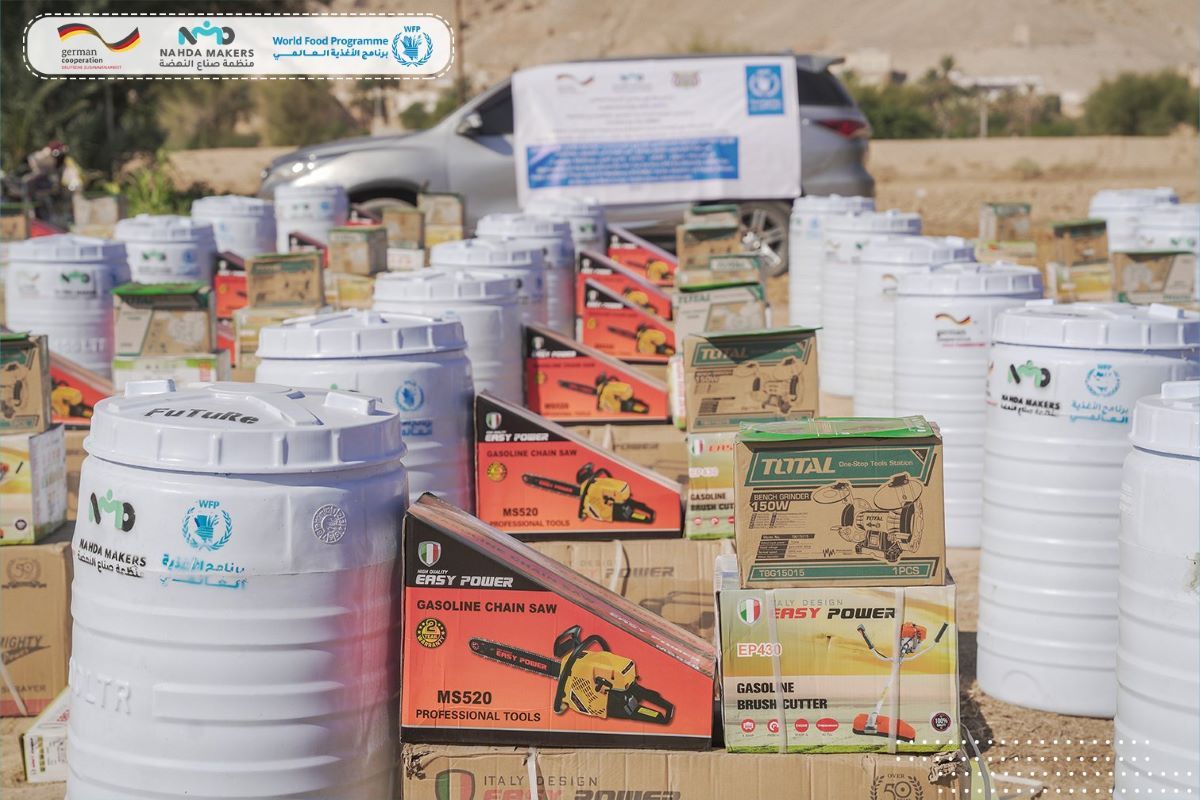
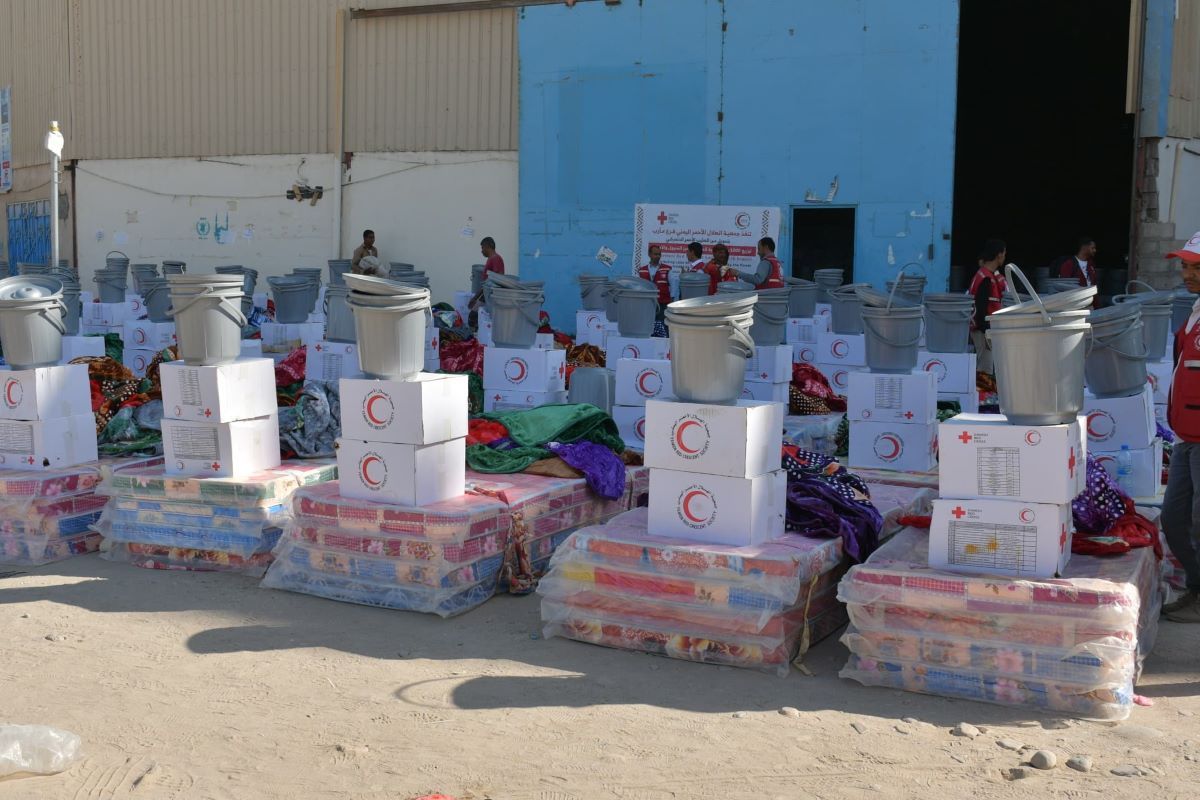


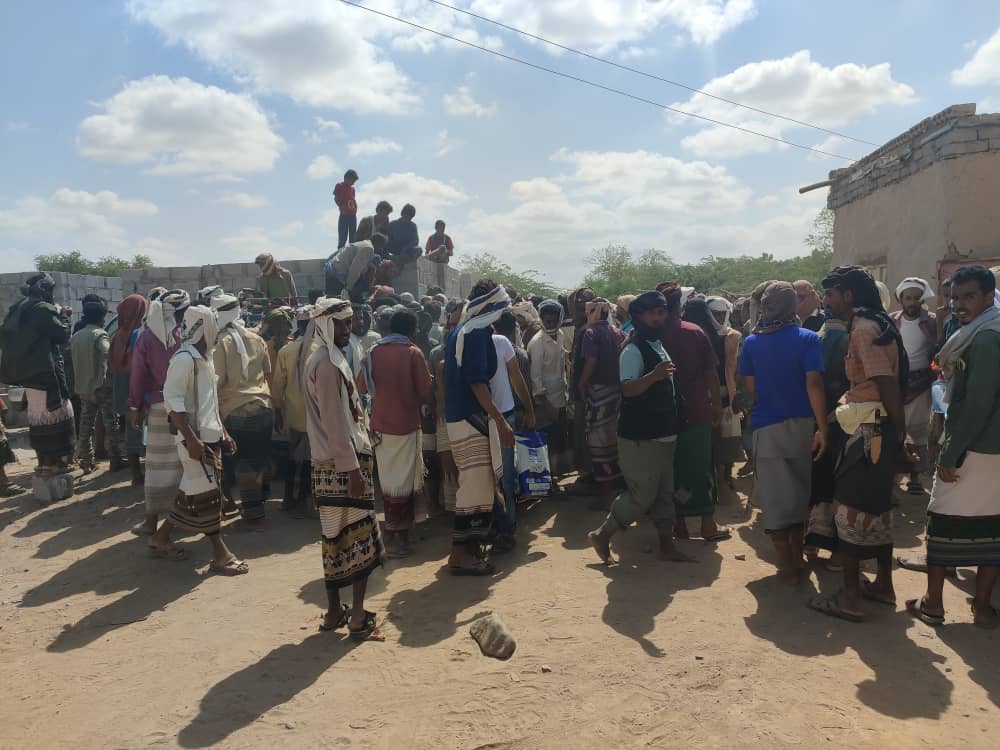


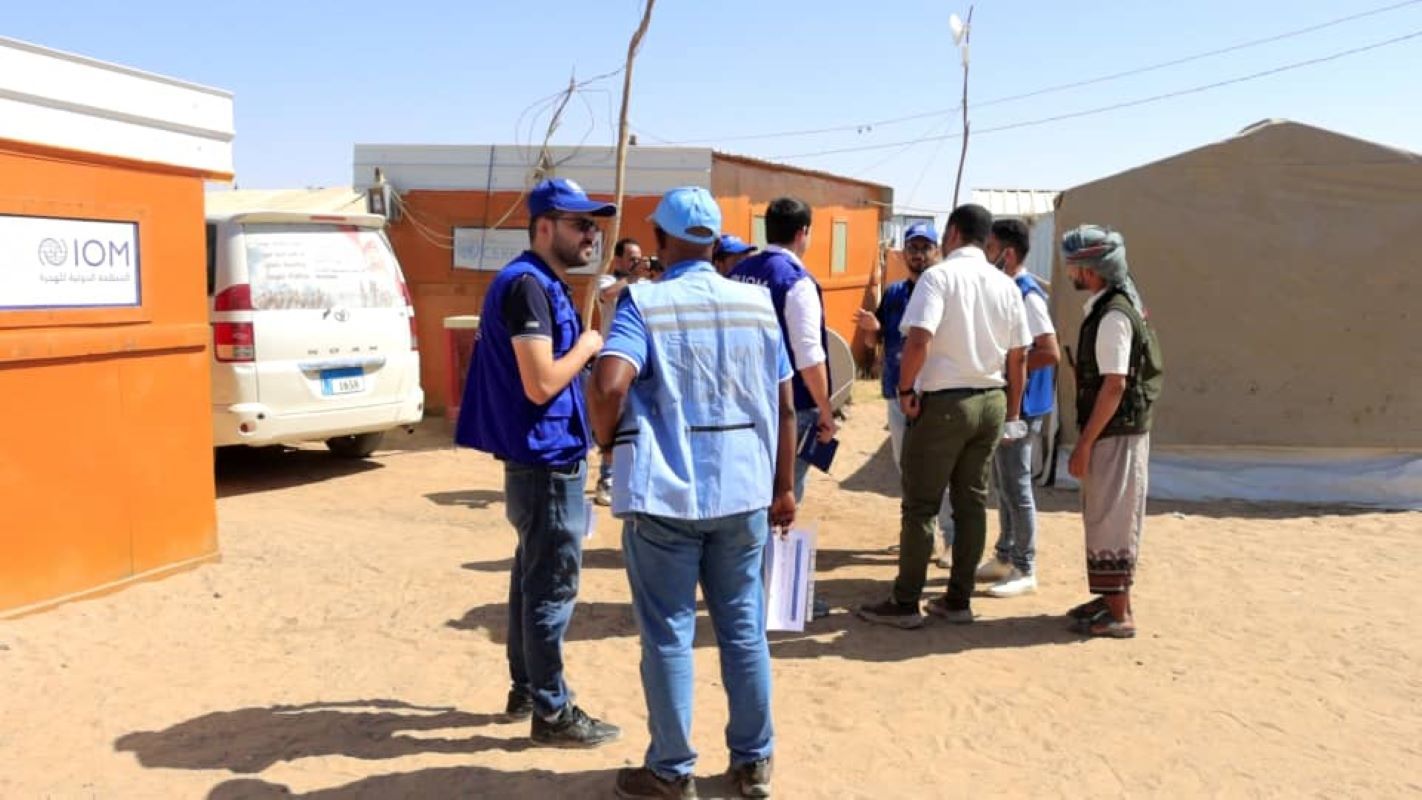
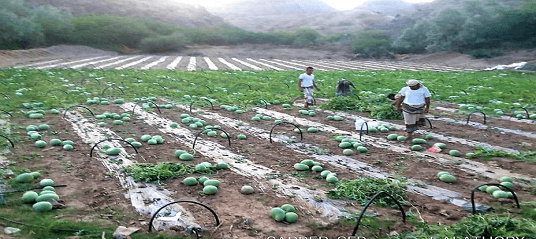
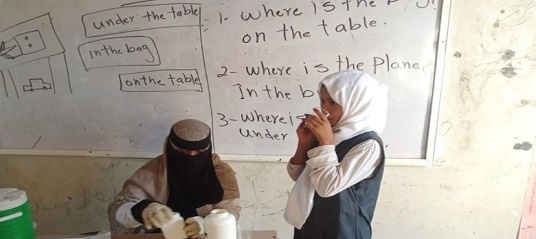
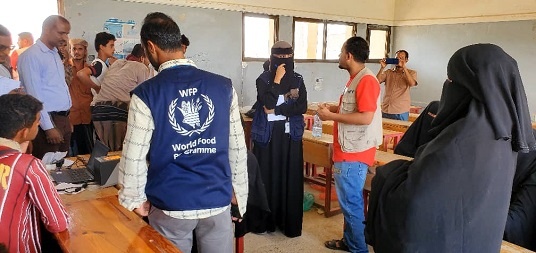
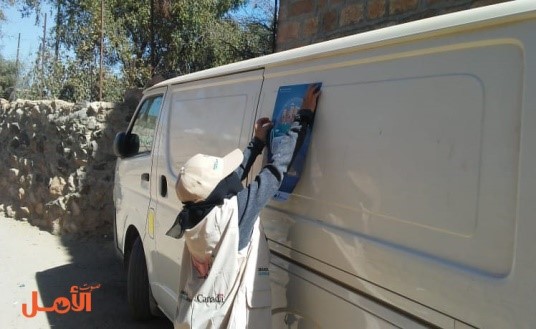
LEAVE A COMMENT